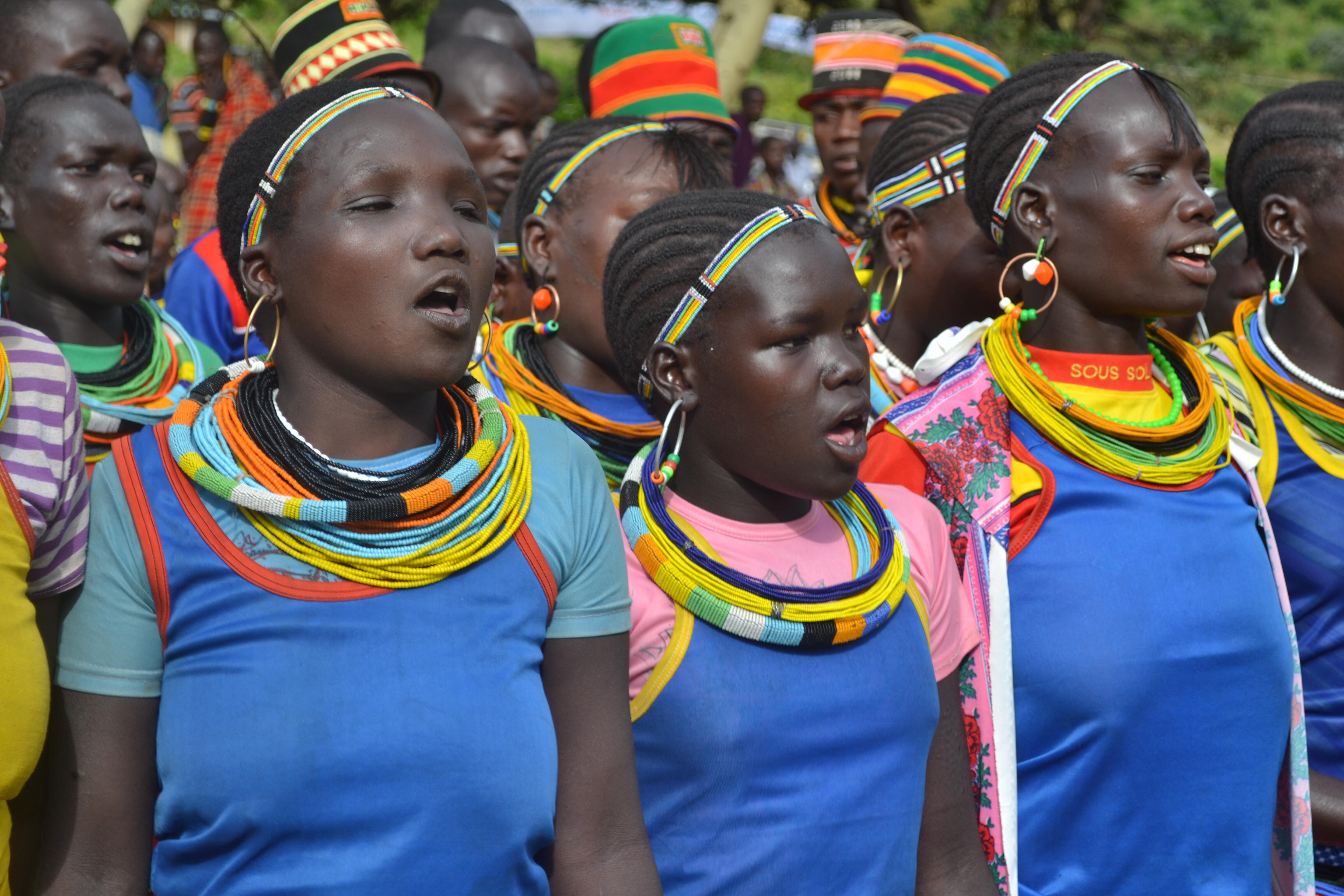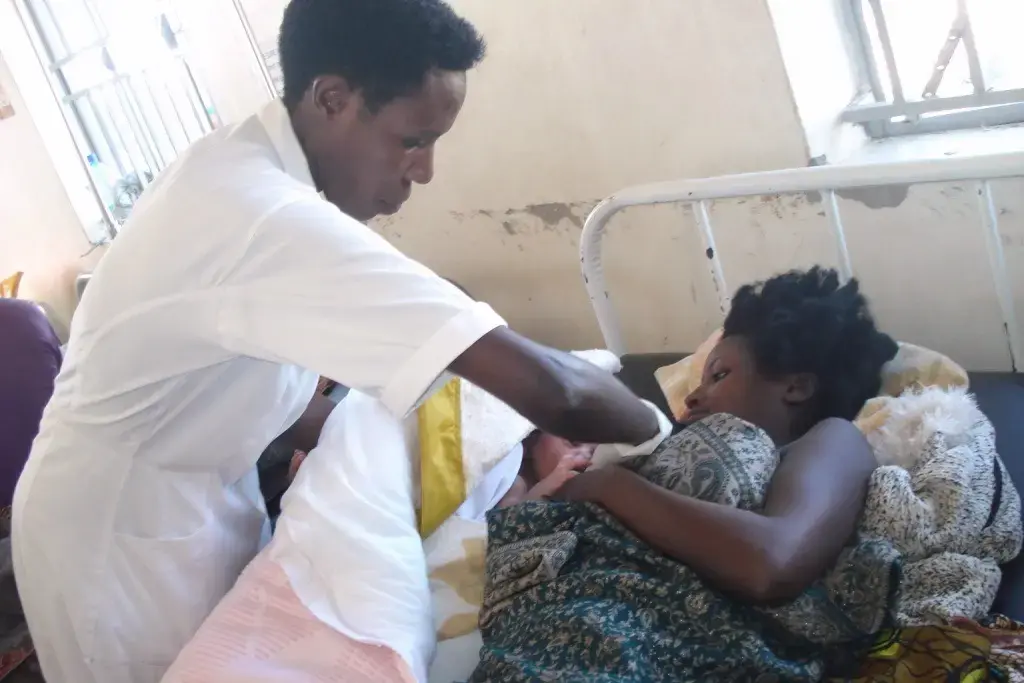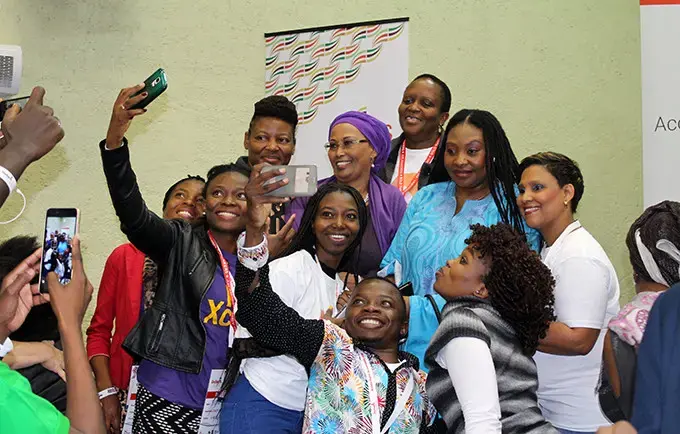Every 1st of July, the Pokot Culture Day is commemorated with the goal of accelerating awareness for total abandonment of harmful cultural practices of Female Genital Mutilation and Child Marriage in the Karamoja region.
This year, however the day was commemorated on September 15, at Loroo Primary School, in Looro Sub County, Amudat District under the theme: Working together for abandonment of harmful cultural practices.
Established to improve coordination and participation of various stakeholders in addressing harmful traditional/cultural practices, the contribution and different roles of the community, stakeholders and individuals in the entire FGM abandonment process is recognized on that day.
In his remarks, Chief Guest Minister of State for Karamoja Affairs Hon Moses Kizige called upon all to embrace the fight for total abandonment of FGM and ending Child Marriage: “While we recognized and appreciate culture, there are certain cultural practices like FGM that cause pain, disease or death. These practices need to be abandoned since they do not serve the needs of all community members,” the Minister said.
He urged elders who are the custodians of culture to commit and support the fight to end FGM and child marriage.
In his remarks, the Chief Administrative Officer (CAO) Amudat Mr. Seraphine Alia pronounced his full commitment to the fight against FGM and other harmful traditional cultural practices which is said was especially high in Nadunget region in Amudat. He proposed the promotion of good cultural practices instead.
The CAO made an appeal to the government to increase the recruitment of human resource for health and security to address FGM and maternal deaths in the region. According to the Uganda Demographic and Health Survey (2014), the Karamoja region has the highest maternal mortality rate of 588 deaths per 100,000 live births.

during the commemorative day in Amudat as UNFPA’s Bernadette
Sebaduka and UNICEFs Rebecca Kwagala look on.
Miss Tourism Karamoja who has just completed her internship with UNFPA Moroto office also attended and gave a speech on the sociocultural factors affecting youth in Karamoja. She vowed to use her position to advocate for better reproductive health services and information for young people in the region.
Others present were the Resident District Commissioners of Nakapiripirit and Amudat, Local Council (LC) Chairman’s of Amudat and Bukwo Districts, District Councilors and Local Government Staff including the Chief Administrative Officer (CAO), Deputy CAO, District Community Development Officer, District Probation Officer, and staff from UNFPA, UNICEF, UN WOMEN, WFP and UN Human Rights, Civil Society and Local communities.
This year, the Pokot Culture Day aimed to mobilize political and local support from political leaders, individuals, families and communities to accelerate abandonment of FGM; to provide a platform for communities still practicing FGM - and those who abandoned the practice - to share their experiences with the communities; and to celebrate the Pokot culture.
Collaboration efforts to end FGM
Under the UN Joint Programme to end FGM, since 2007, UNFPA and UNICEF have worked together in collaboration with the Government of Uganda and other partners to accelerate abandonment of FGM in Karamoja and the Sebei regions in north eastern and eastern Uganda. This coordniation at national and district level has yielded positive results. FGM prevalence has dropped from 1.4 percent in 2011 to 0.3 percent (UDHS 2011, 2016) with at least 813 girls running away or rescued from FGM. Girl child education has been boosted with the constriction of three schools as shelters for girls who run away from the risk of FGM.
The Joint Programme also supported the policy and legal framework for FGM abandonment, which resulted in the passing of the FGM Act 2010, FGM regulations 2013, Children Act Amendment 2016; National GBV Policy and Action Plan (2016-2021). Due to these efforts, there is now increased commitment by traditional Leaders on FGM abandonment with 209 public declarations made since 2012. Over 60 mutilators have reformed, with some supported with alternative sources of income.
Written by Evelyn Matsamura Kiapi





